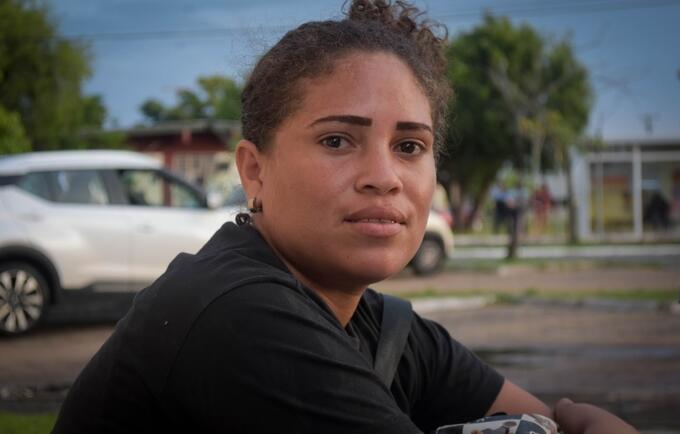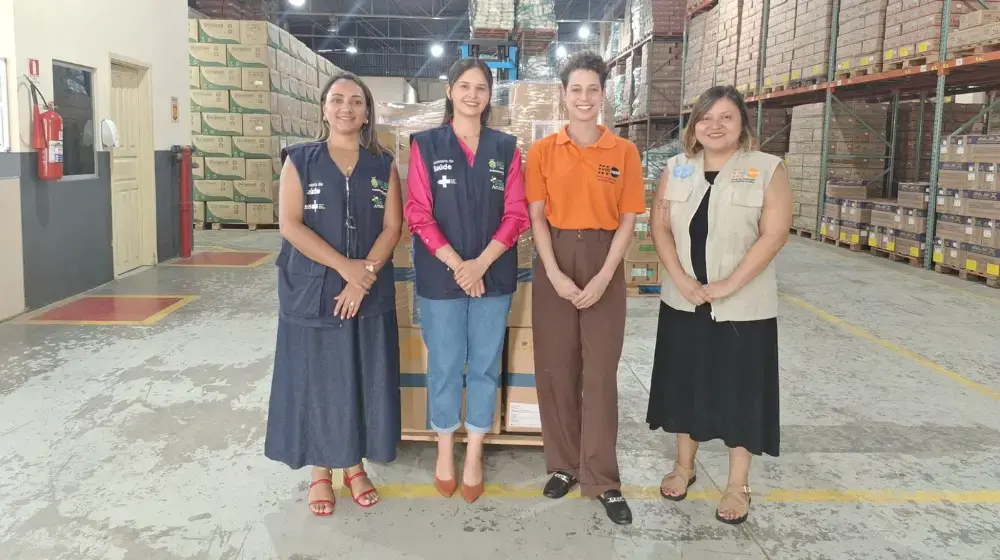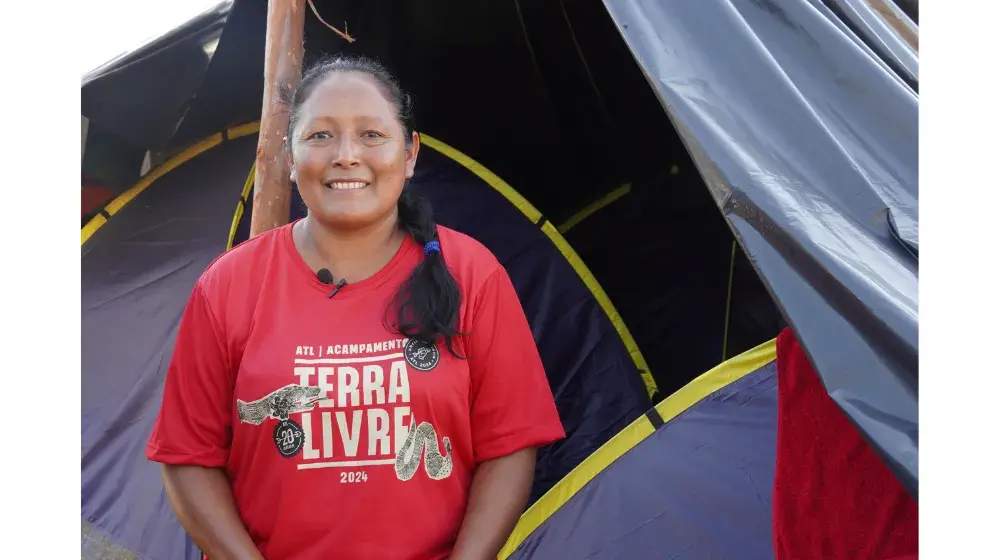Keibelin is a Venezuelan migrant woman from El Tigre, located in the state of Anzoategui. She specialized as a kitchen assistant, a craft that she worked until she migrated to Brazil in 2017. "I worked a lot. My husband, too, and what we earned became insufficient to support our children."
With two children, one at six years old and another one at a year old, Keibelin saw his family's economic worsening, and just then, found out a new pregnancy that took her by surprise and marked a new and difficult time in his life. in a context of sadness, depression and high stress levels. “It was hard. After several months I accepted, but we decided that we should leave Venezuela because what we were earning was no longer enough for a family of four and with one more person would be impossible,” she said.
In 2017, Keibelin's husband decided to migrate to Brazil. He made the crossing lonely with the purpose of not exposing his family to the risks of moving to a place they did not know. Months later, Keibelin and their children arrived in Boa Vista. She was expecting her third child, who was born in Brazil in 2018.
The new family member faced a difficult at first because he was born with serious lung disease and was hospitalized for more than twenty days in a serious condition and with a hopeless prognosis. Today, Keibelin celebrates the life of his one-year-old son. “I am very grateful to this country because I feel that if my son wasn’t born here, he wouldn’t be alive. He would not have the same conditions of attention and care as he had here,” says the hopeful mother.
Keibelin and her family continue living in Boa Vista, working for stability and integration, .n the process, she does not give up alternatives and other sources of learning that can support her progress in the new country. She participates in a project of economic empowerment and promotion of safe spaces for women, conducted by the Federal University of Roraima. Through the project, the young Venezuelan mother had the opportunity to participate in training on sexual, reproductive health and rights promoted by the United Nations Population Fund (UNFPA).
“When I came out of the four walls of my home, I found in myself the possibility of doing other things and having access to information that I didn't have before. This space was very productive, not only for me and for other women. We didn't know much of the information we were given and then, I talked for the first time with my partner about sexuality and caring for our body, ” she comments.
In cases of humanitarian crises, UNFPA is the UN system agency responsible for preventing and providing responses in sexual and gender-based violence, besides ensuring full access to sexual and reproductive health services, including maternal health and reproductive planning. In Roraima, UNFPA participates in the three phases of Operação Acolhida, a federal government operation responsible for welcoming migrant people.
Keibelin and her family await “interiorization”. Meanwhile, she continues to seek knowledge about her migration process, seeking access to new information and hoping to do other things with her family, besides worrying about paying bills and eating, knowing that even in an adverse situation it is necessary to move on.





